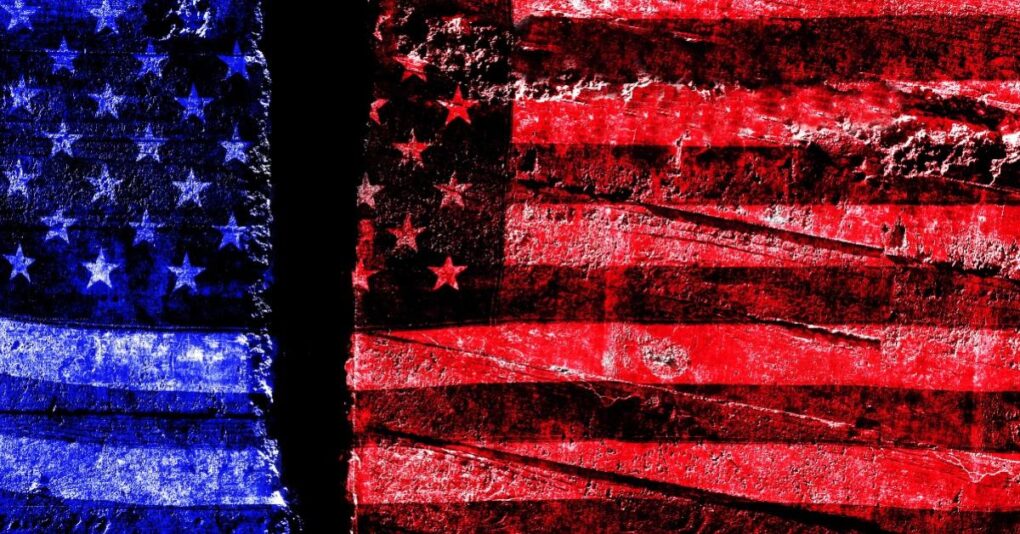
Kimberlé Crenshaw, one of the founders of critical race theory (CRT), recently decried what she called the “war on wokeness” (by which she seems to imply a war on CRT). According to her, this “war on wokeness” is “the road to an authoritarian state that’s paved through the history of white supremacy.”
It’s true that the “war on wokeness” has taken on authoritarian overtones of late. Lots of Republicans are turning down the ideas of pluralism and free speech that underpin the American perfect and pushing through broad laws focused on banning the mentors of CRT. In their desire to stop “wokeness,” these laws often muzzle dissenters and are so broadly composed that they can throw the infant out with the bathwater. Free speech advocates have roundly condemned these laws and for excellent reason.
But it’s likewise true that crucial race theory has major issues. You do not need to be a “white supremacist” or trying to promote an “authoritarian state” to be doubtful of CRT.
First, prominent vital race theorists (“Crits” as they call themselves) lean difficult into race essentialism. In their book Is Everybody Truly Equal?, Özlem Sensoy and Robin DiAngelo (of White Fragility fame) set out some quotations that they disagree with. One such quote is, “Individuals should be judged by what they do, not the color of their skin.” Sensoy and DiAngelo dismiss this concept as “predictable, simplistic, and misguided.”
It is difficult to overstate how hostile this idea is to modern-day American values. Martin Luther King Jr. famously declared, “I have a dream that my four little children will one day live in a country where they will not be evaluated by the color of their skin however by the content of their character.” For Sensoy and DiAngelo, this dream is “misguided.”
In another area, Sensoy and DiAngelo list characteristics (presumably) held by members of the “dominant group” in society (white individuals, straight people, males, etc) and contrast them with traits they declare are held by members of “minoritized groups” (black people, LGBTQ folks, ladies, etc). Characteristics held by the dominant group include “presumptuous, does not listen, interrupts, raises voice, bullies, threatens violence, ends up being violent.”
Characteristics held by the minority group consist of “feels inappropriate, uncomfortable, doesn’t trust understanding … discovers it difficult to speak up, timid.” For Sensoy and DiAngelo, members of the bulk group are angry bullies who do not care about anybody except themselves, and minorities are shy kids who can’t speak up or care for themselves. Is it any wonder that lots of minorities discover this type of rhetoric offensive?
A 2nd factor to oppose CRT is that many Crits don’t admit that society can ever actually get better. In the book Important Race Theory: An Intro, Richard Delgado (another creator of CRT) and Jean Stefancic argue that American race relations don’t enhance. They call many of the civil rights gains of the 1950s and 1960s– consisting of Brown v. Board, the landmark Supreme Court case that desegregated schools throughout the country–“shams.” According to the authors, these gains are simply “hollow pronouncements provided with great solemnity and fanfare, just to be calmly overlooked, cut down, or withdrawn when the events wane.”
For Delgado and Stefancic, meaningful social change is practically impossible. Unless all of society modifications simultaneously, “change is engulfed by the remaining elements, so that we stay roughly as we were in the past.” This is an ideology that has little space for the gains of the Civil liberty Motion or the dramatic decrease in bigotry in the sixty years considering that. A foundational American story is that our society is imperfect but getting better, however CRT just has space for the first half of that statement.
Finally, important race theory is explicitly opposed to the Knowledge suitables upon which America was established. Sensoy and DiAngelo say that CRT initially promoted “a kind of liberal humanism (individualism, flexibility, and peace)” however tension that it “quickly relied on a rejection of liberal humanism.” Values such as liberty and individualism are, obviously, not especially welcome in Crit circles.
According to Delgado and Stefancic, “Vital Race Theory concerns the very foundations of the liberal order.” CRT is opposed to “equality theory, legal reasoning, Knowledge rationalism, and neutral principles of constitutional law.” If you want the law to treat individuals equally regardless of their immutable attributes (i.e., race, gender), then, by their founders’ own admission, CRT is not for you.
Critical race theory isn’t all bad, and there are principles like intersectionality that can help us to acknowledge the battles and advantages of individuals who do not look like us. However the field has deep problems, and increasingly more Americans of all ethnicities are detecting this. Reviling critics as “white supremacists” is not likely to repair those issues.

